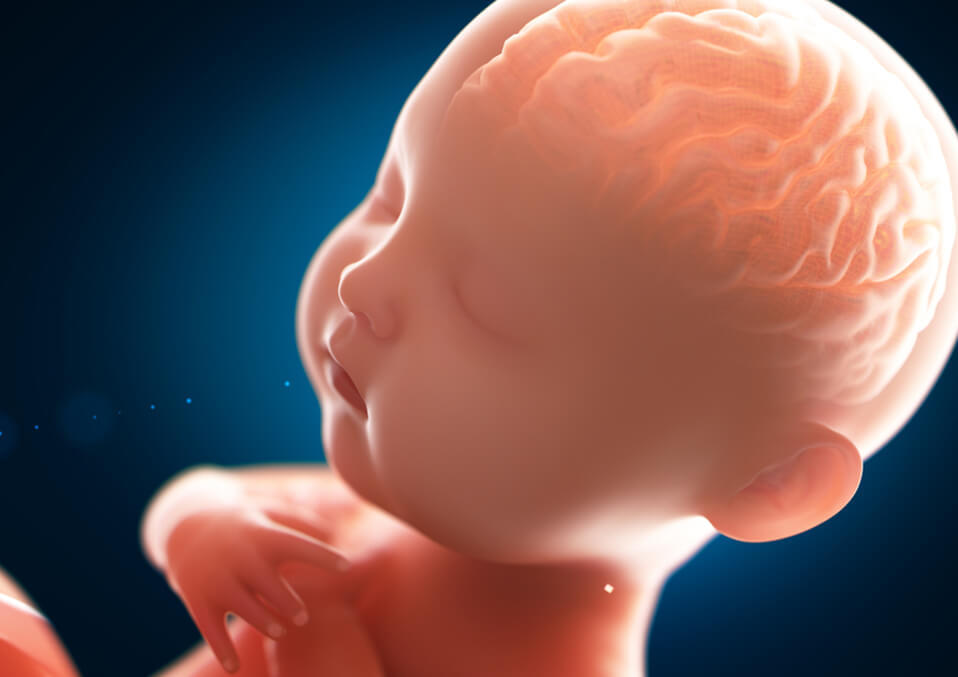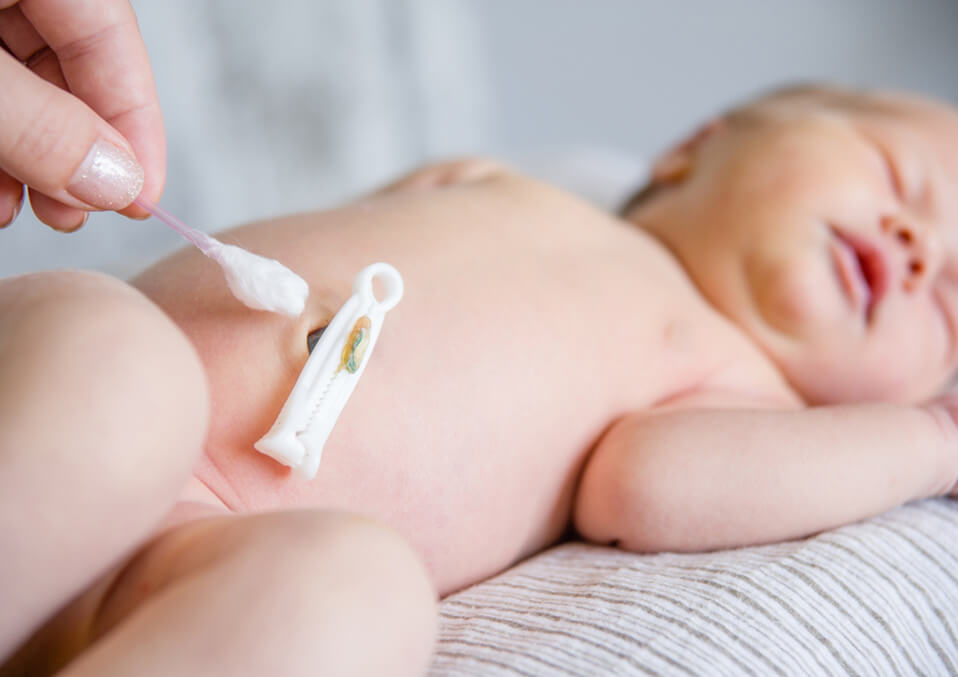
As humans, we breathe through taking oxygen in our lungs from the atmosphere. But if you think that unborn babies do the same, well, they don’t. Their lungs are surrounded by amniotic fluid, which is essential in keeping them healthy and safe until they are born. So, don’t think of unborn babies holding their breath because they don’t. The reality is, the mothers are the ones who breathe for their unborn babies. The necessary gasses needed for the breathing process pass between them through the umbilical cord connected to the placenta. Always keep in mind that the unborn babies’ lungs do not function the same way as they are outside the womb. The mother is responsible for inhaling and delivering the oxygen by means of their shared blood supply and then exhaling or removing the carbon dioxide on their bodies. This process is known as fetal respiration. This article will help you understand how do babies breathe in the womb.
Lung development

To make our question about how do babies breathe in the womb answered, lung development is an essential factor in making this issue clear. Lung development is one of the most important things that take place during pregnancy. Babies with fully-developed lungs are the ones who are having a higher chance of being healthy outside the womb. Since they are still developing their lungs inside the womb, we can assume that they are not breathing on their own inside the mother’s belly.
Take note that lungs are one of the unique organs in our body since they stay primarily inactive until the delivery. The other body parts are fully running; even the baby is still inside the uterus. As mentioned above, the unborn baby gets only the supply of oxygen in the placenta. So their lungs don’t function and don’t get the “test run” not until the mother’s delivery.
Babies breathing process inside the womb
All the necessary nutrients and requirements needed for the development of the baby are delivered through the placenta. The placenta is the one who is responsible for receiving the oxygen, antibodies, water, and other requirements from the bloodstream of the mother with the help of the umbilical cord attached to the abdomen of the baby. These are the main reason why the mother should have a proper diet and avoid unnecessary things like alcohol, pollution, and smoking. All the gasses that the mother inhaled is also delivered to the baby. On the other hand, the carbon dioxide from the baby was returned to the mother’s bloodstream through the help of the placenta. The mother exhaled the carbon dioxide from the baby through her lungs.
Umbilical cord

The umbilical cord is one of the main factors about how do babies breathe in the womb. After the 6th week of pregnancy, the umbilical cord is starting to develop. This is responsible for delivering oxygen to the fetus’s body. The Umbilical cord is connected to the placenta, which is also connected to the uterus. Both of umbilical cord and placenta are responsible for delivering the nutrients needed on the development of the baby’s body. They are also the ones responsible for giving oxygen-rich blood essential in fetus growth. Take note that the nutrients going into the baby’s body will never interact with waste products leaving the baby. These two substances are separately traveling through the umbilical cord with the help of two separate blood vessels.
Baby’s breathing during and after the delivery
Since it is clear how do babies breathe in the womb, we want to know if how babies breathe during the delivery. Sometimes we will notice some babies are wrapped with the umbilical cord around their neck. This is commonly called a nuchal cord. This is more likely to happen with 12 to 37% of birth cases. When this case happens to you, you don’t need to worry too much since, in most cases, this brings no harm at all. The umbilical cord is still able to carry oxygen to the babies; even this situation occurs.
On the other hand, if it is too tightly wrapped on the baby’s neck, the oxygen needed in the cord is limited. The doctor will check if there is a nuchal cord and unwrap it whenever possible. When the baby is born, he will face significant changes like his new environment, temperature, lesser amniotic fluid, and of course, his exposure to air. This is what triggers the baby to have his first breath. You can also notice some babies having their first bowel movement, which is known as meconium right before exiting the mother’s womb. This is a severe case most especially when the baby inhales the meconium during his practice breathe. Inhaling this substance is harmful because it can affect the baby’s breathing process outside the womb. For those babies who suffer from this case, severe treatment is necessary to bring back the baby’s ability to breathe outside the mother’s womb.
First breath

Right after the delivery, the babies are now ready to inhale and begin breathing for the first time by himself. When the lungs are filled with oxygen, all the amniotic fluids will drain away, and the lungs will start to function. Thirty seconds after the delivery, the doctor will separate the mother and baby through clamping of the umbilical cord. Now, the lungs are fully ready to take the oxygen needed. However, the respiratory system will continue to grow and progress for the years to come.
Hypoxia
Learning how do babies breathe in the womb is an important thing. Since this involves knowledge about oxygen and other requirements for the baby’s breathing. In addition to this information, let us know what will happen if the baby does not get enough oxygen before and after birth. Hypoxia, which is also known as the lack of oxygen during and after labor and delivery, is a severe case for babies. The lack of oxygen needed for our body to properly function can cause different severe cases like cerebral palsy and death. The most common cause of this condition is said to be the following:
Cord problems
Problems such as damaged cord and those cord with damaged blood vessels are the most common types of cord problems and said to be the main reason for hypoxia.
Shoulder dystocia
Usually occurs when the baby’s shoulder gets stuck during the labor after the head passes through the birth canal.
Too much bleeding during the pregnancy or even the delivery
During the pregnancy, the mother must undergo prenatal care and utmost caring during and before birth. We hope that you understand how do babies breathe in the womb, their breathing patterns as well as the things that help them breathe inside the womb.
Read also:
- Why do Babies Cry When They are Born?
- Does Your Baby Have Senses Inside Your Womb?
- Baby’s Position in the Mothers Womb after 8 Months


